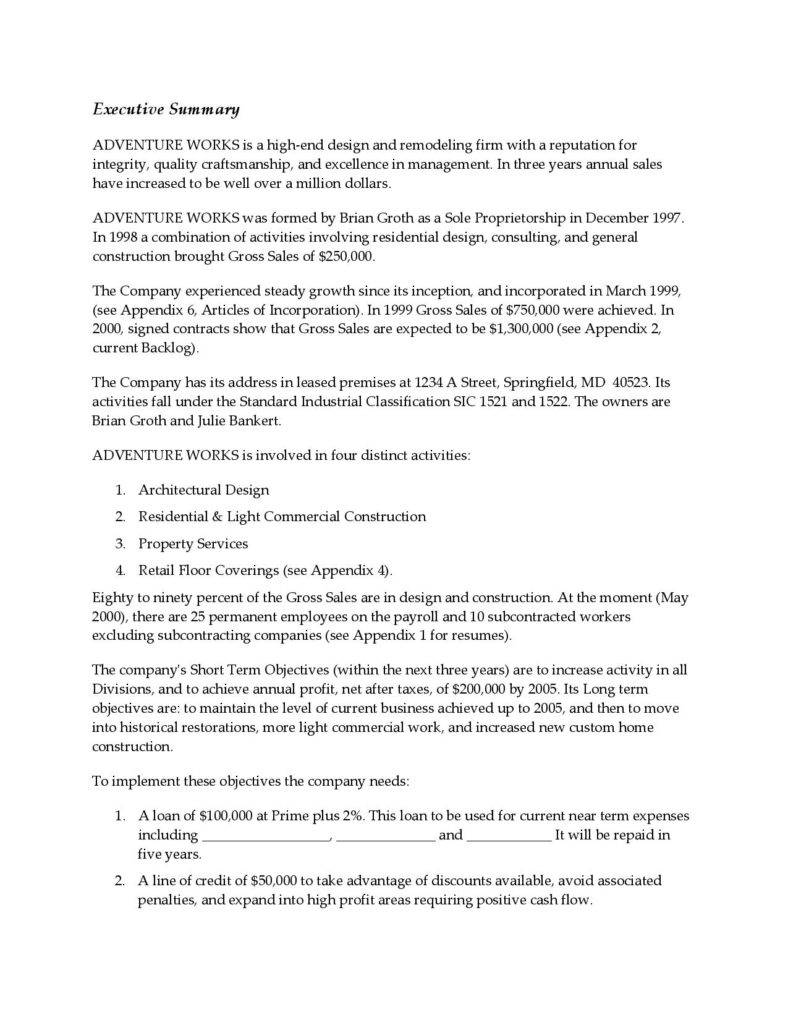Table of Content
- Go For A Longer Loan Tenure
- Race For The Top 10: Avalanche, Uniswap And Big Eyes Coin Are Making Great Strides In The Crypto Market
- Factors That Lenders Consider Before Deciding to Increase the Personal Loan Tenure
- Kurhani Bypoll Result Reflection Of People's Anger Against...
- What is home loan prepayment?
- LATEST RATES
And because each month more of what one pays goes towards interest, at the end of three years, the amount of loan reduced is a lot lesser than before – only $55,224 versus $90,619 when tenure is 20 years. First implication is that one will take a much longer time to reduce his principal down to zero, and corresponding pays more in interest over the longer 30-year period. You must opt for a longer tenure if you want to reduce your monthly instalments. Lenders charge lower monthly instalments since they know you will have substantial time to pay off the loan.
Yes, the EMI rises by INR 1,905 with a shorter tenure post part payment as opposed to a decrease in the EMI by INR 5,509 when you don’t tinker with the home loan tenure after making the part payment. Do see your income situation at the time of part payment before taking a call on whether to go with a curtailed tenure or not. The tenure can be changed voluntarily anytime during the course of the loan.
Go For A Longer Loan Tenure
In the case of longer tenure, the lender is taking on more risk; due to this, IR rises. Nevertheless, the Monthly EMI is cheaper since the lender distributes credit and interest for a longer period. You can select a feasible loan term depending on current and prospective income and expense patterns. This refers to a person's current and also the predicted future earnings.

The contract terms will give you everything you need to understand regarding your loan to know exactly what you're committing to whenever you sign your agreement. Borrowers can also increase the EMI amount by 5 percent every year to reduce the interest repayment burden. They can align this increase with the increase in salary or on receiving any other annual bonus. Homebuyers will now have to rework their strategies to lessen the burden of higher interest outgo on their loans.
Race For The Top 10: Avalanche, Uniswap And Big Eyes Coin Are Making Great Strides In The Crypto Market
Ideally, one should choose an optimized personal loan tenure, which should be neither too short nor too long. This ensures a substantial reduction in the overall interest outgo. Uncertainties could come in your way and make it tough for you to pay off the personal loan EMI on time. This can be possible if the lender agrees to increase the personal loan tenure. However, you could end up raising overall interest obligations by doing so.
Although, doing so will increase the total interest outgo against the loan. Any step you take to shield against higher interest could have tax implications. Increase in EMI may reduce your outgo on account of interest and increase your contribution towards principal repayment depending on the rise in interest rate and your EMI.
Factors That Lenders Consider Before Deciding to Increase the Personal Loan Tenure
Also, it is advisable to clear all other debts before you avail Home Loan so that it will not impact your home loan eligibility. The central bank has been raising the repo rate since May to tackle inflation. Your Equated Monthly Instalment will increase with the hike in home loan rate. This leads us to wonder whether we should increase the tenure of our home loan or pay a higher EMI to tackle the rising interest rate. The repo rate was hiked by the Reserve Bank of India on 7 December by 35 points to 6.25 percent.
You can have freedom in old age if you close the liability at a young age. But if you can't afford it, you will have no choice but to increase the loan tenure. The loan mathematics suggests that if you prepay the loan partially and keep the EMI unchanged, the loan tenure would automatically go down.
Kurhani Bypoll Result Reflection Of People's Anger Against...
But it is important to understand when is the right time to make prepayments of your home loans to benefit substantially. Regardless of the current low rates, the question you need to ask yourself is whether you can afford the EMIs. If you feel you wont be able to repay the EMIs, you should reduce the home loan amount, increase the loan tenure or pay greater margin money. Missing EMI payments can lead to additional interest charges and an accumulation of debt apart from ruining your credit score.

Home Loan EMI should be 50% of net household take home salary. If your spouse is also working and assuming both are drawing equal salary then you may consider 100% of your take home salary as EMI i.e. 50% of net household take home salary. You should increase your Home Loan EMI every year after you get annual salary increment.
If you could negotiate a new loan term with your current loan provider or planning to switch over to a new loan provider with a new loan term, then your EMI amount would change accordingly. Suggest me whether to reduce tenure or EMI as I am dilemma, my idea is to clear the loan as soon as possible within couple of years. If you want to save on interest, go for the tenure reduction. As mentioned earlier, many people get an annual performance-based bonus or Diwali bonus. They can also start a recurring deposit of Rs 4000 per month to accumulate Rs 50,000 every year.

It will give you an idea of how interest is calculated on current balance. The revised calculation will be done on current loan outstanding. Hence, its long term psychological effect on the payee is not positive. An individual may also consider increasing the EMI by 5% or 10% simple rate every year rather than compounded rate if compounding is difficult to manage.
However, Iyer says one should always opt for floating rates because interest rates generally fall in the long term. Therefore, if you are unsure about your EMI payment ability or how your EMI payment ability would change in the future, you can always go for a longer tenure. Subsequently when you get a bonus or a salary hike, you can keep prepaying the loan and reduce tenure. We all have good intentions when we set out to buy a home and budget for it. We imagine getting paid the amount weve come to expect and we anticipate paying bills on time until life happens and things change. Careers change, things break down over time and pretty soon our monthly budget is a distant memory of good intentions.

No comments:
Post a Comment